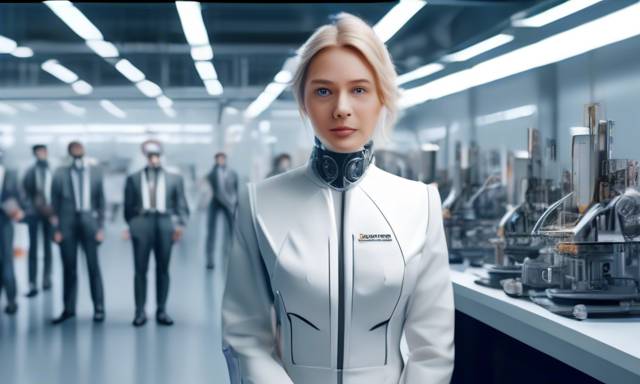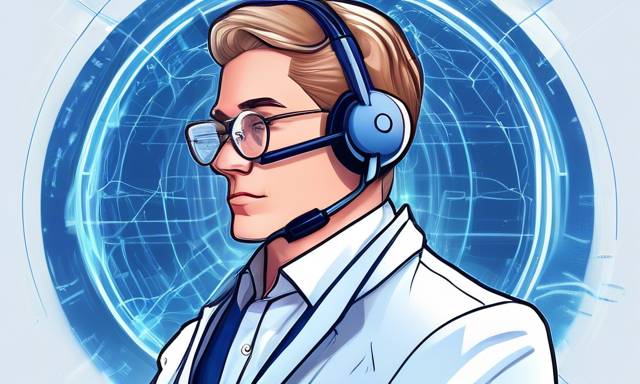Jessie A Ellis
Oct 24, 2024 16:37
Siemens and thyssenkrupp are harnessing AI technologies to bridge the skills gap in the manufacturing industry, utilizing Microsoft Azure’s OpenAI Service.
AI Innovations Driving Manufacturing Forward
Siemens and thyssenkrupp are leading the charge in mitigating the skills shortfall prevalent in the manufacturing arena by adopting cutting-edge AI solutions. By leveraging the Siemens Industrial Copilot—an advanced tool powered by Microsoft Azure’s OpenAI Service—these companies are simplifying intricate workflows and boosting operational productivity.
Efficient Machine Programming 🛠️
One of the primary hurdles in manufacturing remains the programming of sophisticated machinery, often requiring substantial time and effort. Each machine operates with a Programmable Logic Controller (PLC), comparable to a laptop running Windows, which oversees and harmonizes various smaller elements within the system. For example, in machines that assess EV battery cells, the Industrial Copilot has showcased its ability to simplify the programming procedures.
Improving Technical Problem-Solving 🔍
The Industrial Copilot proves invaluable when dealing with parts like cameras, which are crucial for machine operation but often show complex programming needs. A notable instance included a camera assigned to read serial numbers on EV battery cells. This camera faced inconsistencies when trying to interpret the inscriptions, underscoring the demand for a more streamlined approach. By deploying the Industrial Copilot, engineers can efficiently unravel the camera’s programming challenges, thereby enhancing performance levels.
Long-Term Effects on Manufacturing ⚙️
This forward-thinking methodology not only remedies pressing technical dilemmas but also has profound future prospects for the manufacturing industry. By closing the skills divide, Siemens and thyssenkrupp are establishing a model for other sectors to emulate, illustrating how AI technologies can potentially augment productivity while addressing complex industrial issues.
Hot Take 🔥
In conclusion, as the manufacturing sector increasingly integrates AI into its operations, the implications for productivity and efficiency are tremendous. Companies like Siemens and thyssenkrupp demonstrate not just how to navigate current challenges, but they also set the stage for a more innovative and skilled workforce. The journey towards a fully automated and efficient manufacturing landscape has only just begun, with AI leading the way.





 By
By
 By
By
 By
By

 By
By
 By
By